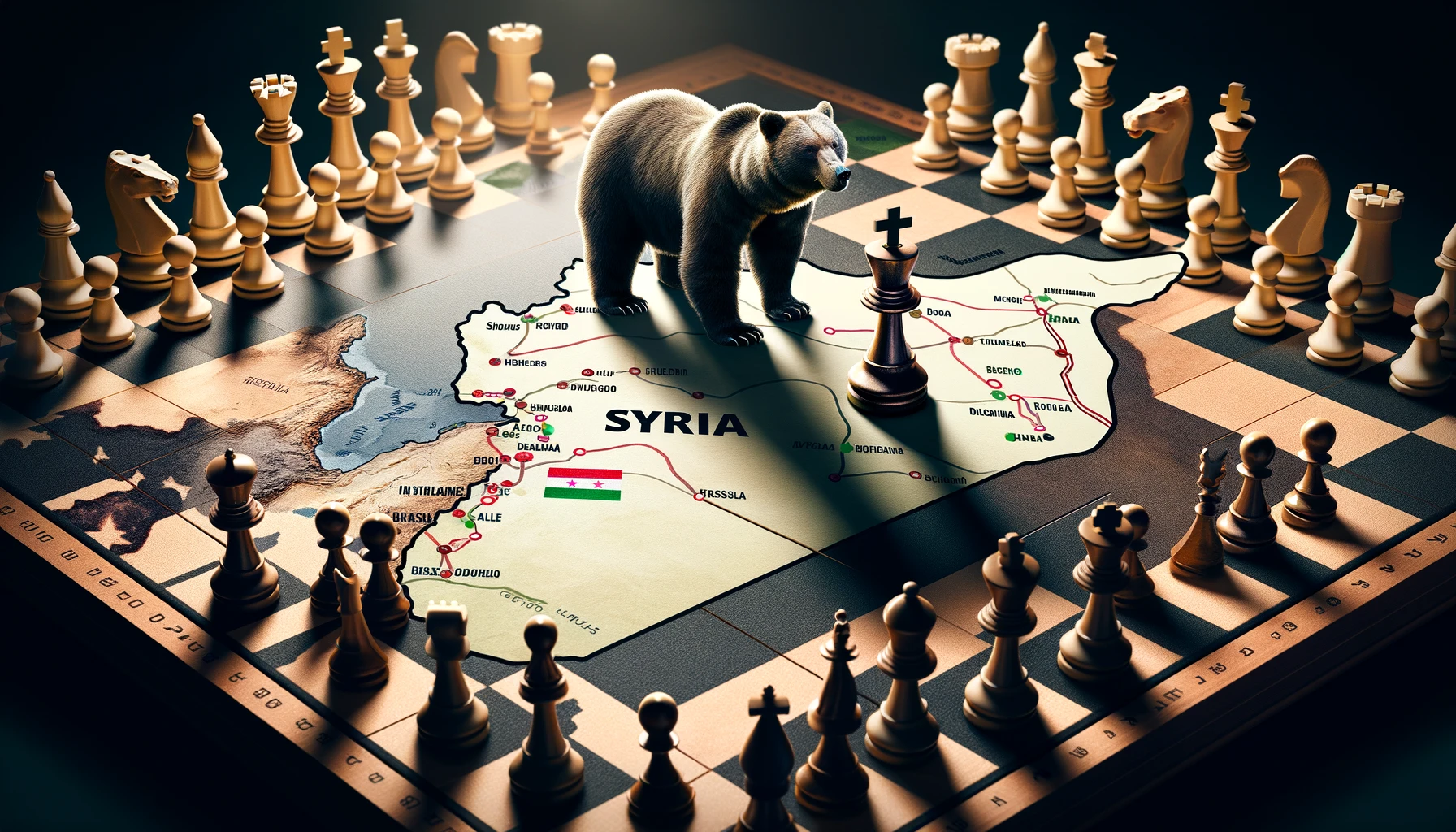Russia’s Idlib Gamble
Written 29 February 2020

The joint Syrian and Russian airstrike on Turkish forces that left up to 70 Turkish soldiers dead near the Syria-Turkey border has proven to be a very interesting move by the Russians, with Putin no doubt approving the strike. Although Russia has denied it, the capabilities demonstrated are hard to replicated by the Syrian Air Force and it therefore is very likely that they did participate. Unless new evidence comes out saying otherwise, I will assume that Russia had a leading role to play in this strike.
By making such a major strike, Putin left Erdogan with very little option but to retaliate. Turkey, however, has no way to retaliate against Russia on its own, and therefore called on assurance from NATO, which has so far offered tepid support. In retaliation, to Europe’s weak response to Turkish calls for help in Idlib (which has been the ground for a major offensive since late last year), Erdogan opened the floodgates to Europe for refugees and according to some reports, tens of thousands have already made their way to Europe’s edge. Given that the coronavirus has reached major pandemic proportions in Iran and some of the refugees may have had exposure to it, this makes the situation all the more complicated for the Europeans.
Putin no doubt anticipated such a result. He foresaw that Europe would be unwilling to support Erdogan and Erdogan would in turn be reluctant to blame Russia for the strike. Indeed, few Turkish media outlets actually blamed Russia for the strike and instead called for the blood of the Assad regime. This is, however, where I believe Putin may have failed. Although he did manage to sow discord into the Alliance, he did not anticipate a strong Turkish response. Although Turkey has not yet pointed fingers at Russia, it has launched a massive air and ground campaign against Syrian forces, destroying dozens of significant pieces of equipment (including tanks and air defense systems) and striking at major bases in northern Syria, rendering many of the air bases inoperable.
It is likely that Putin saw Erdogan making a symbolic response and leaving it at that. However, Erdogan instead launced a major military campaign that has crippled the SAA in the region who have had to resort to using tire fires as an air defense shield and have already lost many hard fought gains in Idlib, including losing control of parts of the M5 highway, whose complete seizure they had previously celebrated as a major win. Russia, in a manner similar to NATO, has not offered the SAA much support and is instead trying to negotiate for peace with Erdogan. Putin miscalculated Erdogan’s hawkishness and Erdogan called his bluff.
Indeed, Erdogan is the only world leader who has given Putin a bloody nose in the past decade. The shootdown of the Su-24 in 2015 came as a big surprise to Putin, and it is no doubt that the recent Turkish offensive also has had the same effect. Russia fears Turkey’s abilities in the region and it is the only NATO nation that has consistently asserted its interests to good effect in the Middle East in recent years. Putin realizes this, and he is now going to be trying to backpedal the strike on Turkish soldiers so that the SAA can maintain some of its gains. Nevertheless, while he may be losing in the Syrian front, he is indeed winning on the Europe front. Not only has he caused discord between Turkey and its allies, but he has exacerbated the migrant crisis which poses an existential threat to many European leaders’ political careers. He can thus continue his work to reshape the alliance structure in Europe.